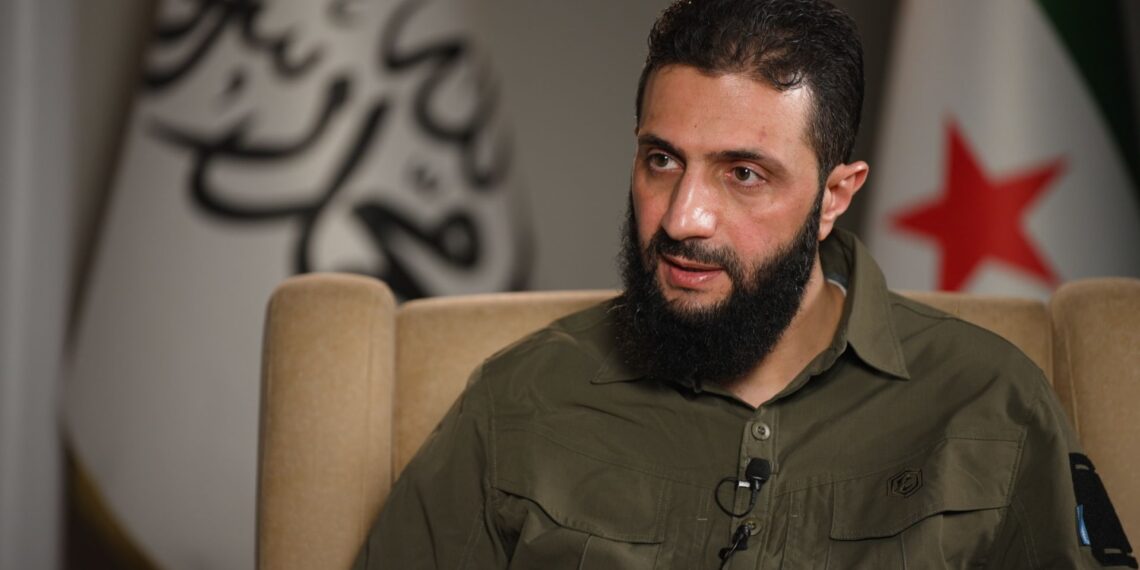President Bashar Assad of Syria was overthrown by a remarkable revolt headed by the terrorist commander Abu Mohammed al-Julani. He has been seeking to change how he appears in public for the recent years. al-Julani disavowed his long-term allegiance to al-Qaida and presented his character as a promoter for peace and pluralism. The rebels even stopped using his pseudonym and started using Ahmad al-Sharaa, his true identity, in the final weeks before the takeover of Syria.
Presently, the depth of that shift from Islamist fanatic to potential national architect is tested. Damascus, the capital, is under rebel oversight, and president has gone into an unknown exile. It is unclear how the country will be run for the initial occasion in half a century of Assad’s oppressive rule.
There are numerous racial and ideological groups in Syria. Decades of conflict and Baath regime have regularly set them against one another. The majority of them worry that hardline Sunni fanatics would seize authority.
Additionally, Syria is divided among many militant organizations. The United States, Turkey, Israel, Iran, Iraq, Russia and some other wester =n players are also among the foreign countries involved.
Al-Julani made a public appearance in the capital early on Sunday following the collapse of the city. He has an opportunity to assume a significant role, as does his rebel group, Hayat Tahrir al-Sham. Al-Julani, confined in the province of Idlib, spent time trying to solidify influence. Assad’s control over a large portion of the nation, supported by regional players, seemed stable.
He moved between hardline factions, annihilating rivals and erstwhile companions. He aimed at enhancing the reputation of his actual administration of salvation, which was previously in charge of Idlib. The objective was to placate Syria’s sectarian and cultural minority and gain over foreign countries. Additionally, he developed links with other organizations and clans.
While he moved on, al-Julani switched from his extremist fanatic rebel uniform to suits for talks with the media. With the goal to represent Syria’s variation, he discussed democratizing authority and establishing government agencies.
In a conversation with CNN, he stated that Syria should have an institutionalized form of leadership rather than one in which just one leader adopts snap policies. He also said that if Assad is ousted, the HTS may be abolished.
Al-Julani has been associated with al-Qaida since the early years of the third millennium. In Iraq at the time, he supported militants fighting American forces. The U.S. soldiers apprehended al-Julani, but he stayed in the country. Under Abu Bakr al-Baghdadi’s leadership, al-Qaida controlled similar factions during that period to set up the extreme Islamic State in Iraq.
An anti-Assad revolt in Syria during the years of Arab Spring in 2011 led to a violent repression by the authorities. The course of events resulted in full-scale combat. Once al-Baghdadi dispatched al-Julani to Syria to set up the Nusra Front, an affiliate of al-Qaida, his notoriety soared. The newly formed group was classified as a terrorist organization by the United States. The United States administration has placed a $10 million reward on al-Julani, and that status is still in effect.
(To be continued)








